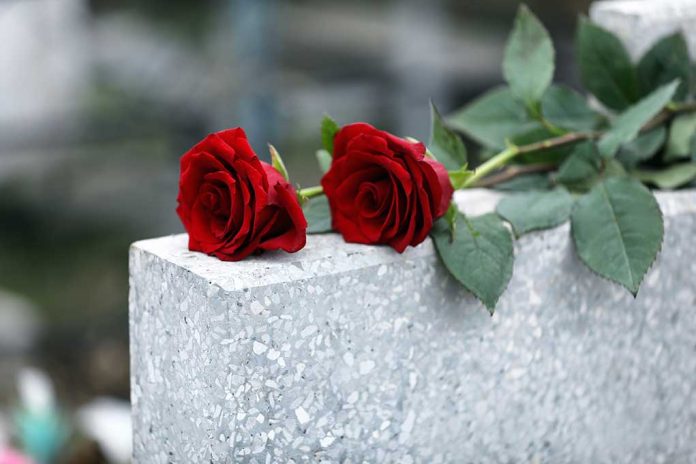
Israeli airstrikes in Lebanon claim the lives of 12 emergency workers, escalating tensions and raising humanitarian concerns.
At a Glance
- Israeli airstrikes killed at least 12 emergency workers in Lebanon
- Attacks targeted Hezbollah and Palestinian Islamic Jihad sites
- Civilian casualties spark international criticism and calls for ceasefire
- Strikes extend to Syria, intensifying regional conflict
Deadly Airstrikes Shock Lebanon
In a significant escalation of regional tensions, Israeli airstrikes in Lebanon have resulted in the deaths of at least 12 emergency workers. The attacks, which targeted areas believed to house Hezbollah and Palestinian Islamic Jihad operatives, have sparked outrage and heightened fears of a broader conflict in the Middle East.
The strikes hit multiple locations across Lebanon, including the southern city of Tyre, where rescue workers were caught in the line of fire. The Lebanese Health Ministry condemned the attacks, describing them as a “barbaric attack on a Lebanese state-run health center.” The ministry further noted that it was “the second Israeli attack on a health emergency facility in less than two hours,” underscoring the intensity and frequency of the strikes.
At least 178 Lebanese emergency workers have been killed in Israeli attacks since last October. Three-quarters of the deaths have occurred in the past six weeks. https://t.co/siugAnXIOv
— The Washington Post (@washingtonpost) November 6, 2024
Expanding Conflict Zone
The Israeli military has not limited its operations to Lebanon. According to Israeli Defense Forces (IDF) Chief of Staff Herzi Halevi, the IDF is also conducting “deep strikes” in Syria and along the Syria-Lebanon border. These actions are reportedly aimed at preventing weapons transfers to Hezbollah, a Lebanese militant group and political party.
“We are conducting deep strikes and striking frequently in Syria and along the Syria-Lebanon border to prevent weapons transfers to Hezbollah,” said Herzi Halevi.
The expansion of military operations has raised concerns about the potential for a wider regional conflict. The United States, while supporting Israel’s right to self-defense, has cautioned against operations in densely populated areas of Beirut, Lebanon’s capital.
An Israeli strike killed five emergency workers in southern Lebanon, the health ministry said, as Israel pressed its major offensive against the Iran-backed Hezbollah and warned Lebanese civilians in the south not to return home https://t.co/gcakNlwFoG
— Reuters (@Reuters) October 10, 2024
Humanitarian Crisis Deepens
The loss of life among emergency workers has exacerbated the already dire humanitarian situation in Lebanon. Rescue efforts have been hampered by the destruction of medical facilities and the targeting of first responders. The situation on the ground remains grim, with ongoing search and rescue operations yielding little hope for survivors.
“We know that there were more than 20 people inside. We haven’t found anyone alive so far,” reported Mr. Khodr, a local official.
The international community has responded with calls for an immediate ceasefire and increased diplomatic efforts to de-escalate the situation. However, with both sides seemingly entrenched in their positions, the path to peace remains unclear. As the conflict continues to unfold, the toll on civilian lives and infrastructure continues to mount, leaving many to wonder when and how this cycle of violence will end.
Sources:
- Lebanese Official Says Israeli Strikes Killed at Least 12 Emergency Workers
- Lebanese Official Says Israeli Strikes Killed at Least 12 Emergency Workers
- Israeli strikes kill at least 12 Lebanese rescuers and 15 people in Syria














